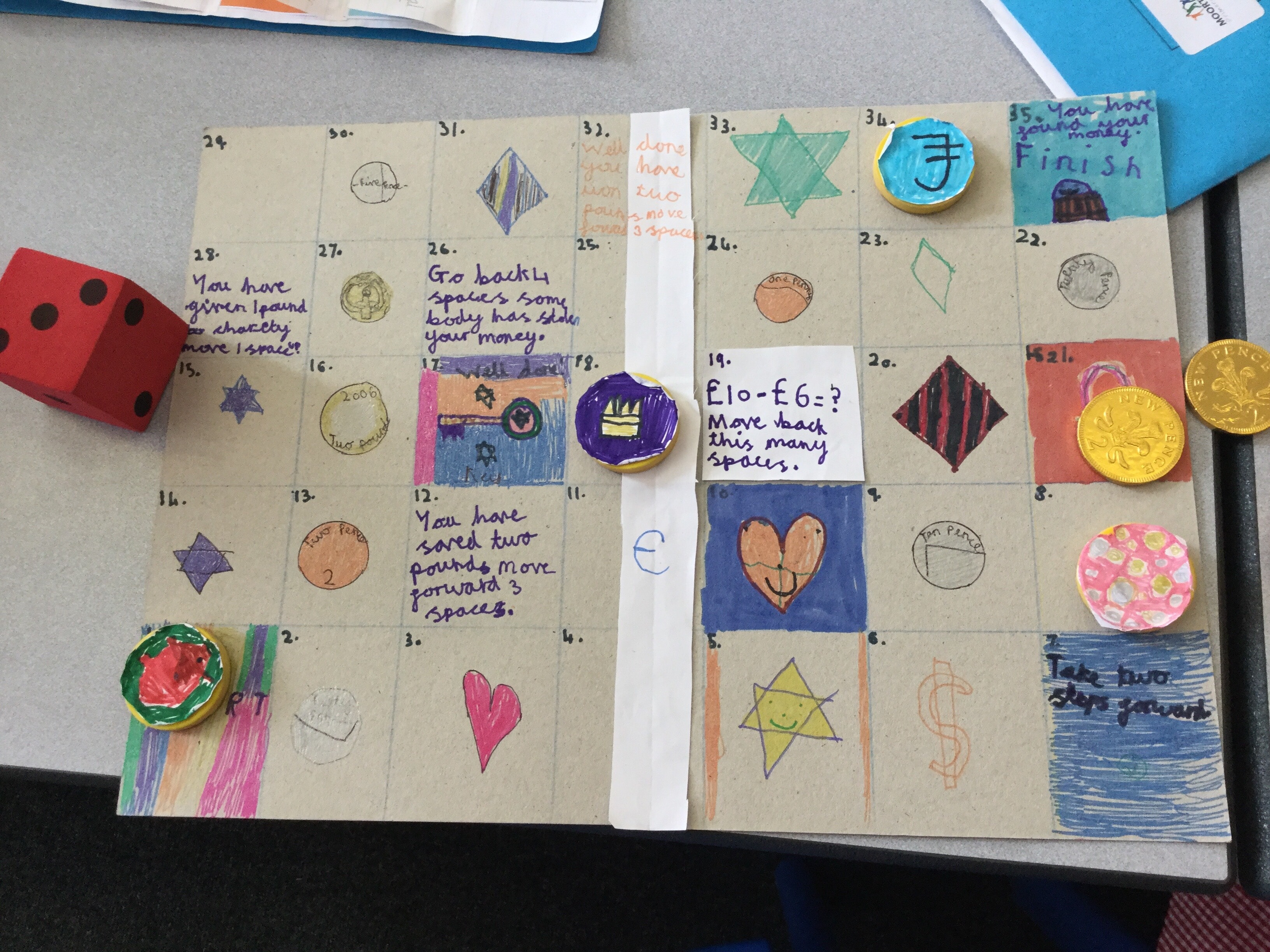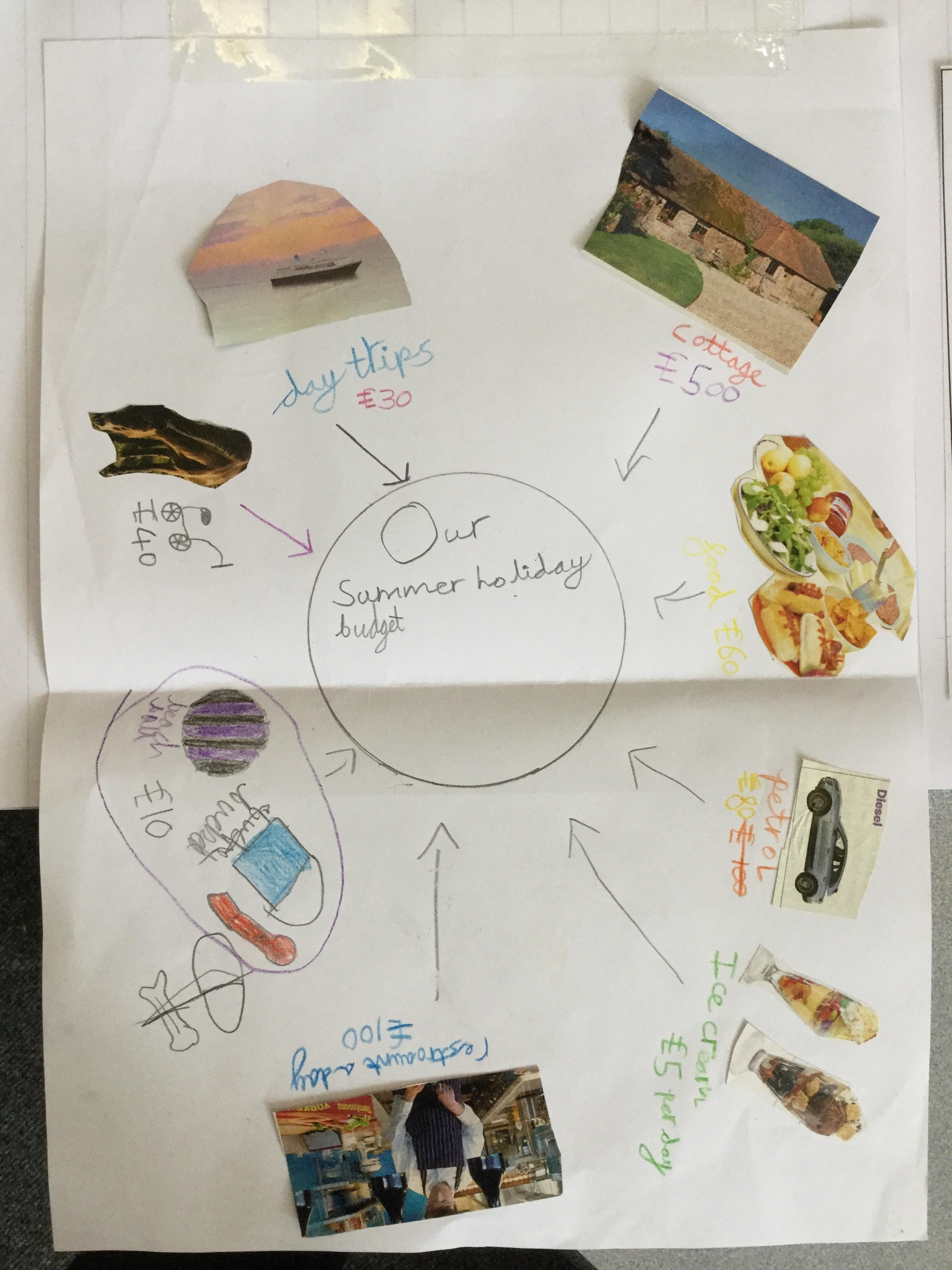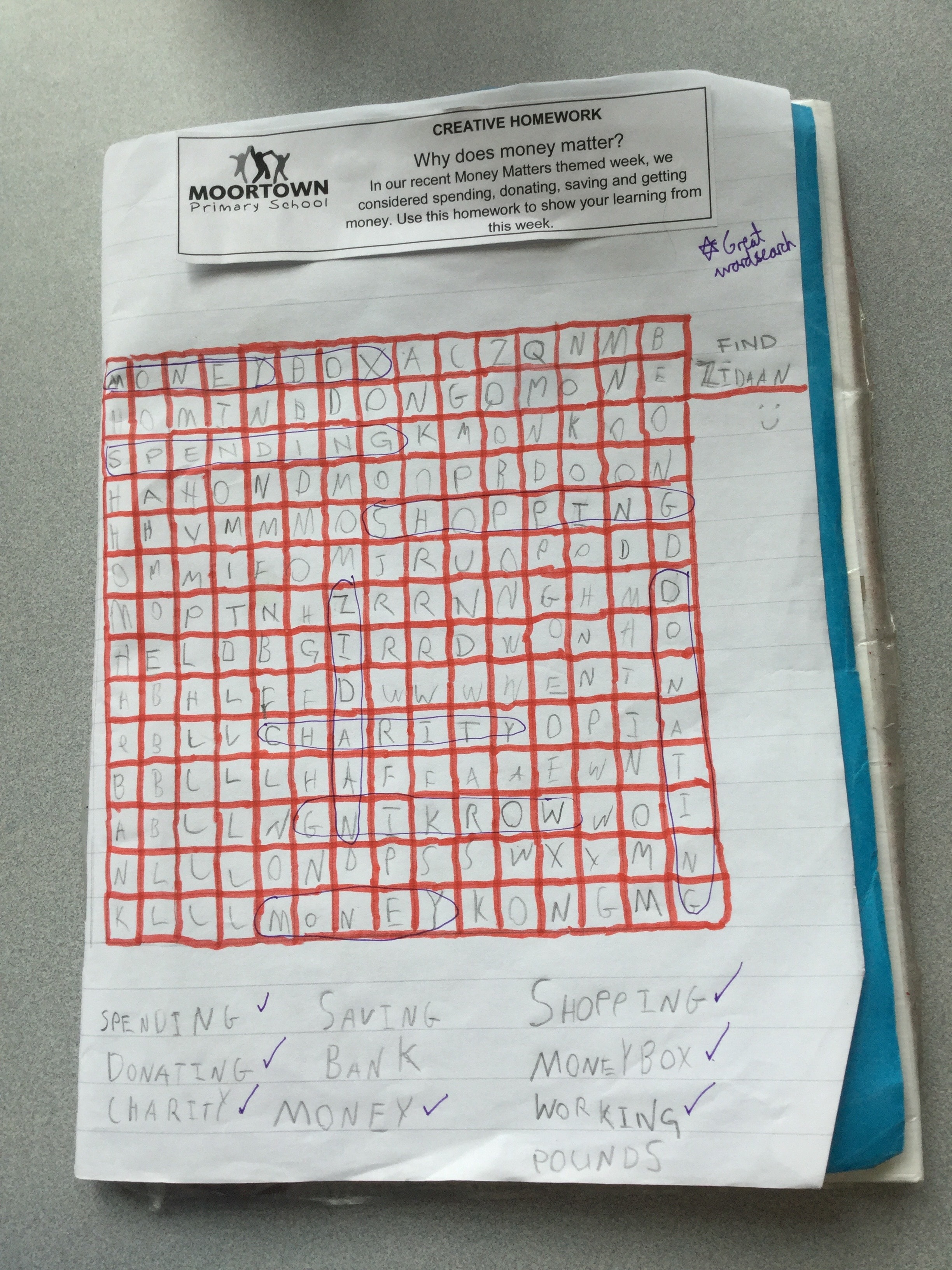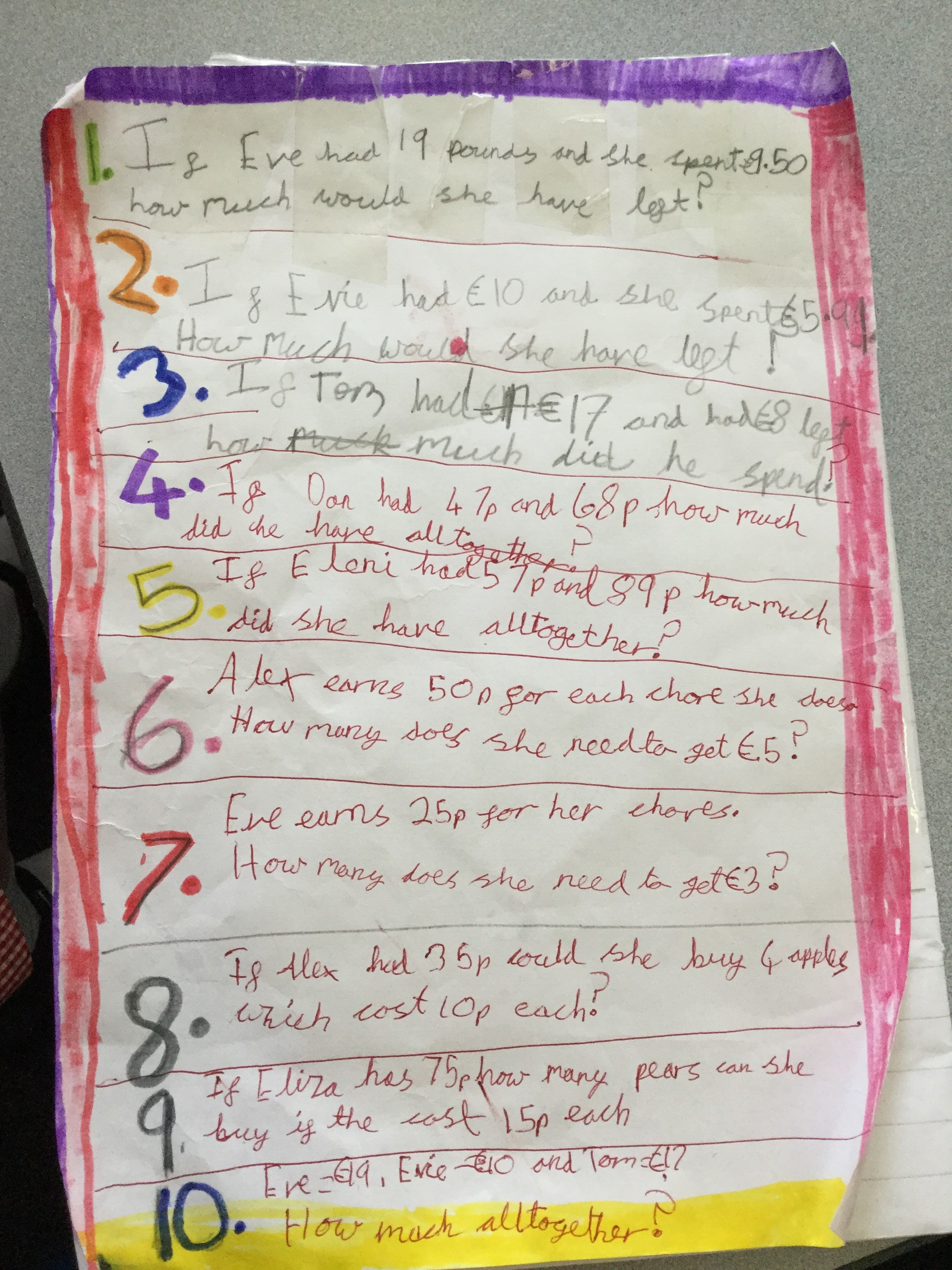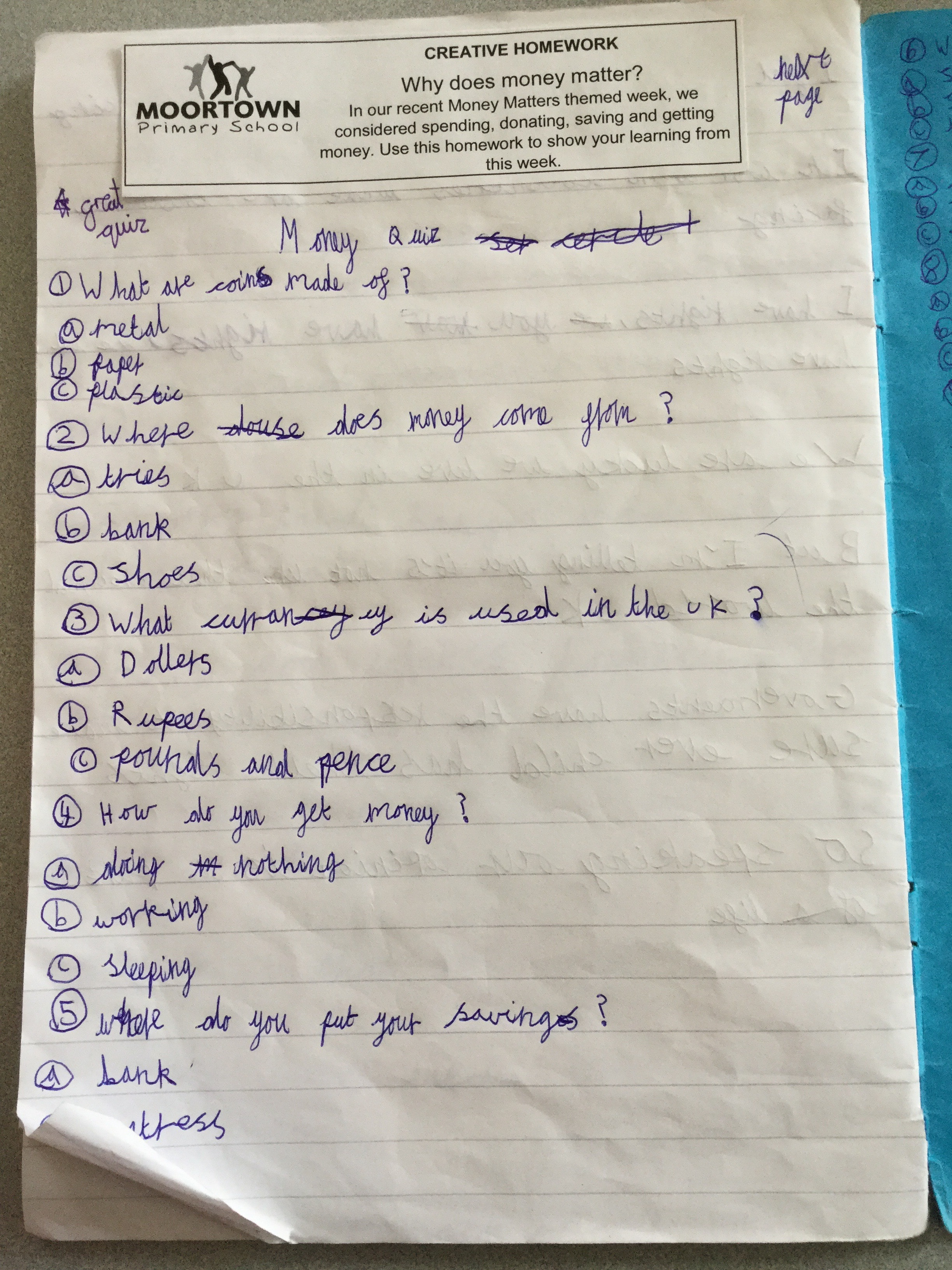Creative Money Homeworks
There were some brilliant Money Week homeworks on show today. Well done on your hard work. Here are some of our favourites:
We’ve bin archaeologists!
Today in class, we time travelled to the future and discovered some strange black objects full of unusual artefacts. We had to decide what these strange things were and what they showed us about the past.

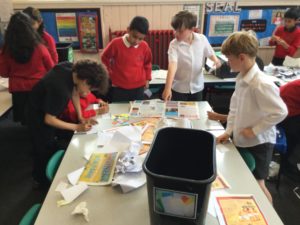
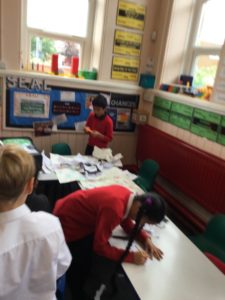


This was a chance for us to practise our interpreting evidence skills and will come in handy when we start investigating Ancient Egypt.
What is peer pressure?
As part of our RSE learning, we talked about peer pressure and used our ever-improving dramatic skills. We discussed what peer pressure is, when it might happen, different ways it can happen and how we might deal with it.
In groups, we then acted out scenarios in which somebody is being put under pressure by their peers but in all sorts of different ways.
EU. Are you in or are you out?
We’ve had a heated couple of lessons over the last two days exploring the key issues that are central to the most topical question in Britain right now:
Should Britain remain in the European Union?
We started off by making sure we all knew what the EU was and what the referendum was all about before discussing five key issues: immigration, terrorism and security, jobs and employment, economy and the cost of being in the EU. In groups, we found out more about the remain and leave opinions on these matters and started developing our own opinions.
The following day, we decided which side we’d like to debate on (and interestingly had a 50:50 split) and prepared our group for a debate.

We’re all seasoned debaters now so we took to the stage like naturals to argue it out with our opposition and convince the audience to vote like us.
Then, having learnt about both sides ourselves and debated our hearts out, we gave our final vote.

History – toys
We are continuing to learn about the history of toys and how toys have changed over time. Today, we looked at how some toys have survived the test of time but that have still evolved in some way. Examples are dolls, teddy bears and toy cars. The children looked at pictures of these toys from the early 1900s – present day and ordered them using their historical knowledge.
Then, we looked at a painting entitled ‘Children’s Games’ which was painted by Pieter Bruegel in 1560. It shows over 80 games being played in a town square, some of which children still play today. The class really enjoyed searching for all the games being played using magnifying glasses.
Perhaps you could create the opportunity for your child to ask grandparents or older relatives about toys which they played with when they were young.

English – instructions
We are learning all about instructions. We have already learnt about the importance of instructions being in the correct order and being clear (just ask your child about what happened when we tried to make a jam sandwich with unclear instructions)!
Now we are beginning to think about writing our own instructions. Today, we looked at imperative verbs, or ‘bossy’ verbs. These are verbs which create an imperative sentence, i.e. a sentence that gives an order. We played a game which we called ‘bossy boots’ to help us to identify and use imperative verbs.
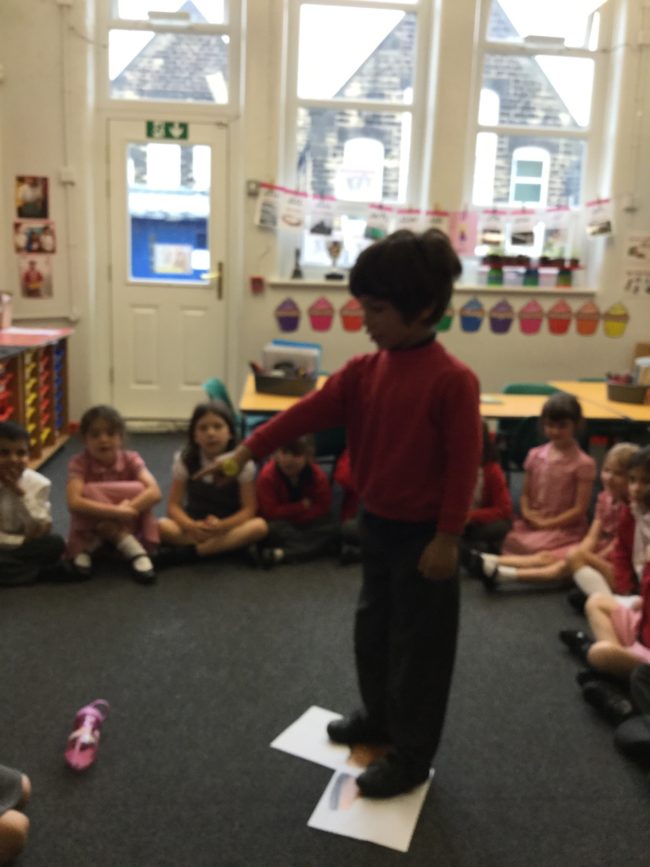
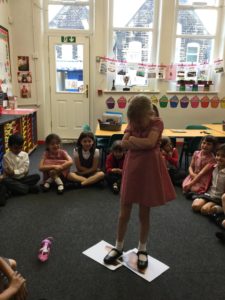
I gave the ‘boss’ a verb and they had to say it in a sentence to be bossy. We had some very bossy characters!
10 June 2016
-ent, -ence or –ency
This week’s spellings are all nouns that end in –ence.
Children should learn the words and investigate which words can be changed to have an –ent or –ency ending.
These spellings will be tested on Friday 17 June.
| adolescence (can be changed to adolescent) |
| consequence |
| interference |
| convenience |
| dependence |
| indulgence |
| negligence |
| coherence |
| excellence |
| patience |
Pattern
This week the children have been given the opportunity to discover, explore and create patterns in a variety of ways.
In mathematics, pattern is concerned with the relationships between shapes and numbers. Being able to identify and create patterns is an important mathematical skill as number and calculating are built upon patterns, for example recognising sequences of numbers or the spots on a dice.
Rio Challenge
This week, we have launched skills drills Rio Challenge. Linked to the upcoming Rio Olympics, pupils can attempt a series of ten timed sports drills based around core skills from different Olympic events. These include hockey, gymnastics, rugby and athletics.

Children can be part of this online competition against their peers and other schools and we will be uploading times for the quickest drills.
The drills will be carried out in PE lessons and at lunchtime. You could even have a go at home.
Rio challenge drills are led by Sports Leaders at lunchtime.



10 June 2016
This week’s spellings have been chosen by the children and me because they’re words we’ve noticed lots of us make mistakes on. These spellings will be tested on Friday 17 June.
- favourite
- colour
- excited
- excellent
- different
- altogether
- absolutely
- definitely
- necessarily
- minutes
